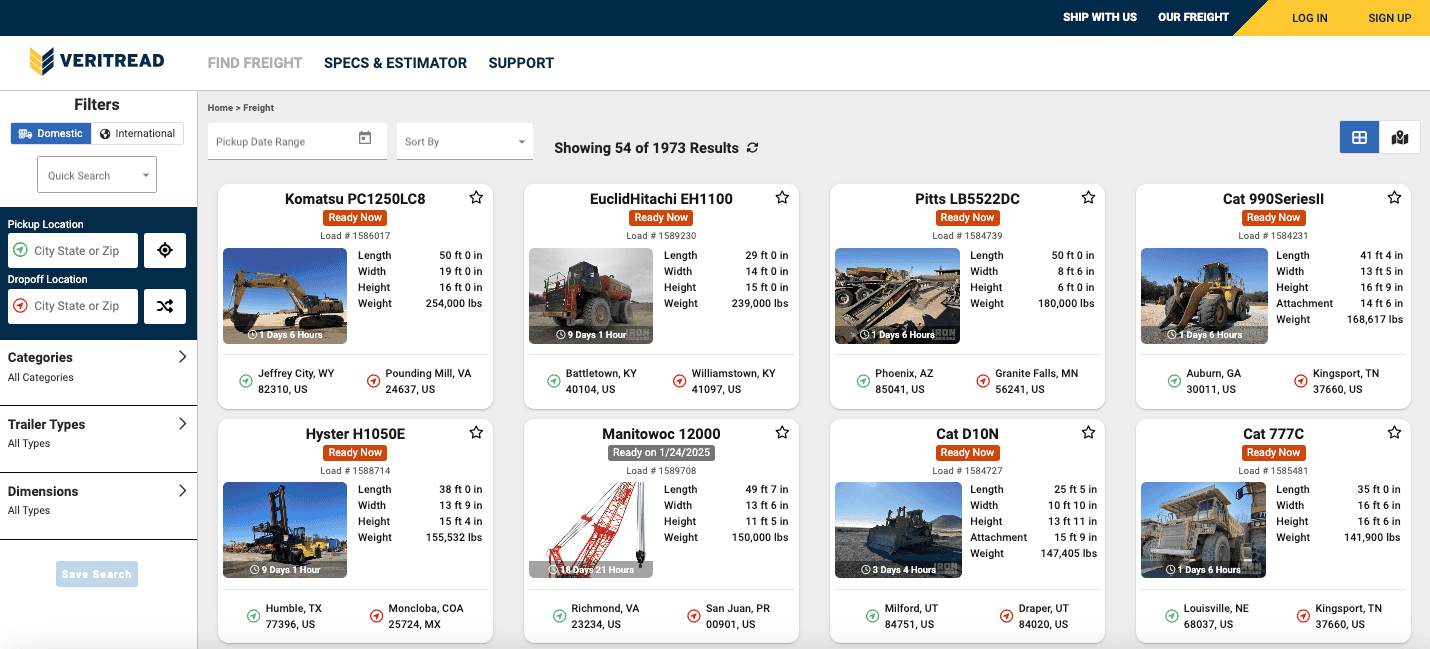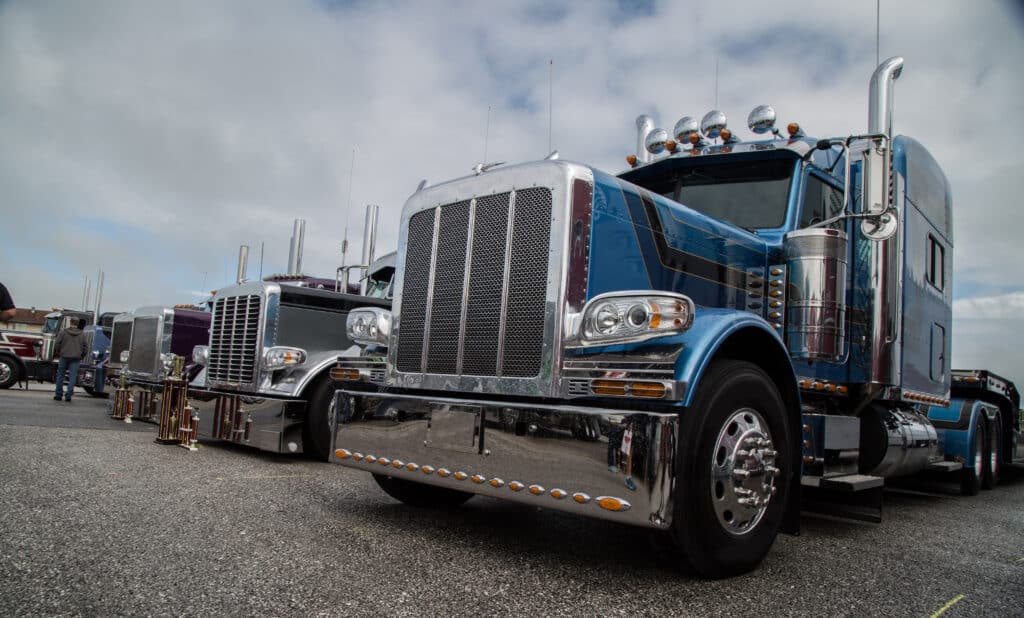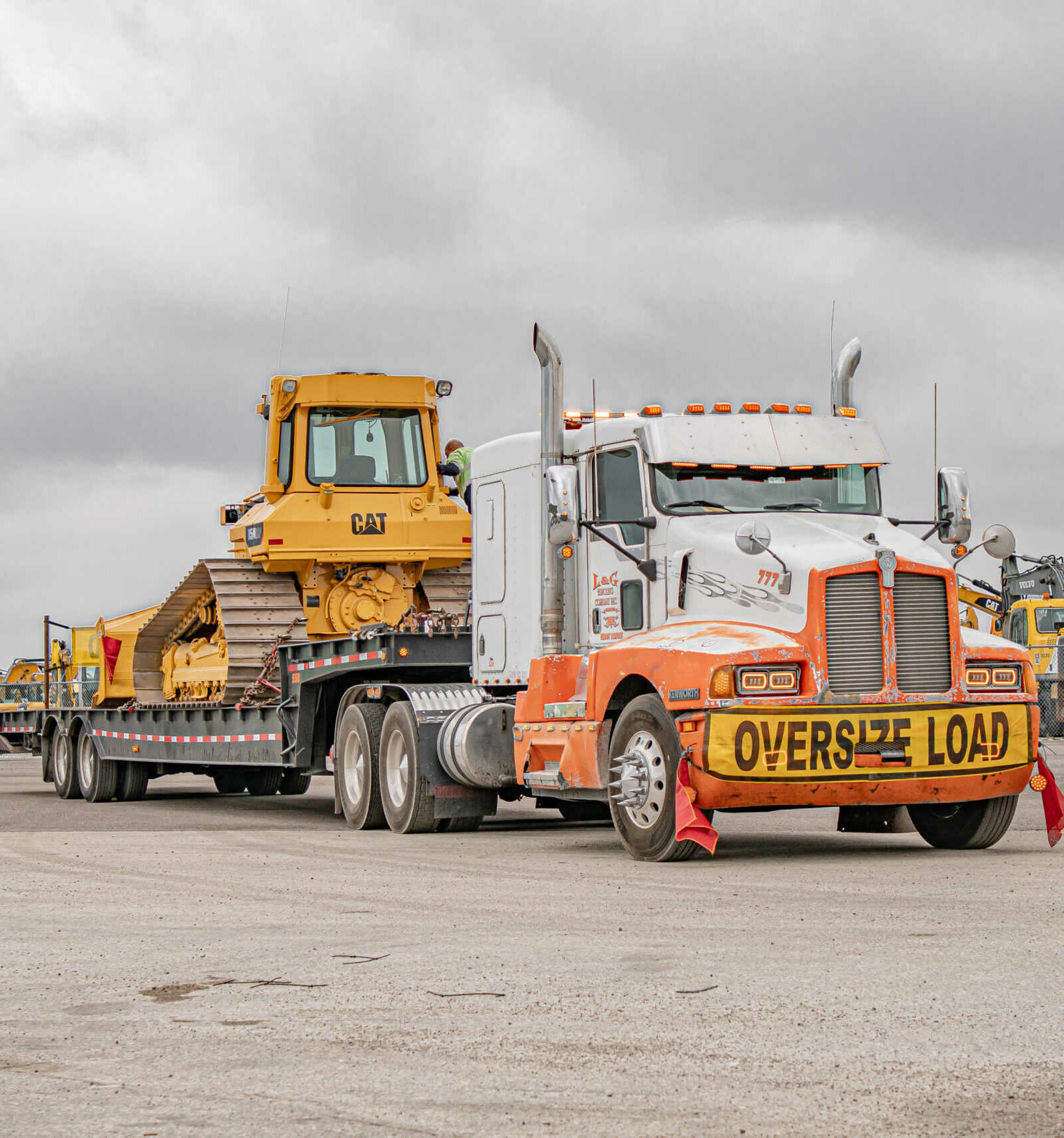How to Get Your Trucking Authority
Trucking Authority – What does it mean to have your own?
Getting your trucking authority can be a little daunting, but we are here to help! We have gathered a few of the basic steps on how to go about getting your own authority and started on the right path to being your own boss. It does require some start-up cash and a lot of motivation.
Having your own carrier authority means that the government grants you the permission to get paid for hauling freight as your own trucking company. Having your own trucking authority gives you the freedom and independence of being your own boss, which providing a huge growth opportunity and can significantly increase your pay, as long as your run everything correctly. It lets you have the chance to hire your own drivers down the road, but also means more business responsibilities and finding your own freight, VeriTread is the perfect load board to help with that!
1) Find the right authority. Based on the cargo being carrier you might need different types of authorities, some companies have multiple! Some states require intrastate authority too, so do some research on what type of authority you wish to obtain. The Federal Motor Carrier Safety Administration is a great resource.
2) Next, pick a name and business structure. You will most likely need to file your business name with your state, generally done through the Secretary of State. Then get with a trusted accountant and determine your financial plan.
Research the different types of businesses and choose what is right for you, here is a quick summary of the ones to look at:
- Sole Proprietorship
- This is a business run by one individual for his or her own benefit. It is the simplest form of business organization. Proprietorships have no existence apart from the owners. The liabilities associated with the business are the personal liabilities of the owner, and the business terminates upon the proprietor’s death. The proprietor undertakes the risks of the business to the extent of his/her assets, whether used in the business or personally owned.
- Single proprietors include professional people, service providers, and retailers who are “in business for themselves.” Although a sole proprietorship is not a separate legal entity from its owner, it is a separate entity for accounting purposes. Financial activities of the business (e.g., receipt of fees) are maintained separately from the person’s personal financial activities (e.g., house payment).
- Partnerships-General and Limited
- A general partnership is an agreement, expressed or implied, between two or more persons who join together to carry on a business venture for profit. Each partner contributes money, property, labor, or skill; each shares in the profits and losses of the business; and each has unlimited personal liability for the debts of the business.
- Limited partnerships limit the personal liability of individual partners for the debts of the business according to the amount they have invested. Partners must file a certificate of limited partnership with state authorities.
- Limited Liability Company (LLC)
- An LLC is a hybrid between a partnership and a corporation. Members of an LLC have operational flexibility and income benefits similar to a partnership but also have limited liability exposure. While this seems very similar to a limited partnership, there are significant legal and statutory differences. Consultation with an attorney to determine the best entity is recommended.
- Corporation
- A corporation is a legal entity, operating under state law, whose scope of activity and name are restricted by its charter. Articles of incorporation must be filed with the state to establish a corporation. Stockholders’ are protected from liability and those stockholders who are also employees may be able to take advantage of some tax-free benefits, such as health insurance. There is double taxation with a C corporation, first through taxes on profits and second on taxes on stockholder dividends (as capital gains).
- Small Business Corporation (S-Corporation)
- Subchapter S-corporations are special closed corporations (limits exist on the number of members) created to provide small corporations with a tax advantage, if IRS Code requirements are met. Corporate taxes are waived and reported by the owners on their individual federal income tax returns, avoiding the “double taxation” of regular corporations.
Once you decide what your business falls under, you will also have to visit the IRS website and get an Employer Identification Number (EIN) for tax purposes as well as an MC number which you can get on the FMCSA website.
3) Purchasing insurance. This might be the most important step! You will need primary liability and cargo insurance before you can even accept a load, so make sure this is ready to go.
4) Tons of Paperwork. You will have to fill out many forms registering with DOT and other federal agencies. Here is a list of all forms.:
- First you will need to compete the OP-1 or OP-1(P) form the BOC-3 form and pay the application fee. Make sure to have your truck’s VIN, year, weigh, license plate and your tax ID number ready.
- Once you complete the Motor Carrier Identification Report (MCS-150) and Safety Certification Application you will receive your USDOT Number.
- Then secure your Unified Carrier Registration (UCR) and pay your Heavy Vehicle Use Tax (annual tax, you can research 2290 form and download the OOIDA worksheet). Fill out the worksheet
- Next register for an International Registration Plan (IRP).
- Don’t forget to also set up your International Fuel Tax Agreement (IFTA) and take your controlled-substance training course.
- Enrolled in the New Entrant Safety Assurance Program, within 18 months of starting your new business you will have a mandatory audit to make sure you are compliant with federal regulations.
5) After you fill out all forms make sure to maintain thorough & accurate records:
-
- Driver qualification files/employee records
- Driver logs
- Safety records
- Hours of Service (HOS) records
- Accident reporting
- Maintenance records
- All Drug and Alcohol Testing Program records and reports
There are a lot of steps to get your own trucking authority, but people make the switch everyday to becoming their own boss. VeriTread is here to help is any way we can!
veritread products
Top Articles
Freight Types
recent posts
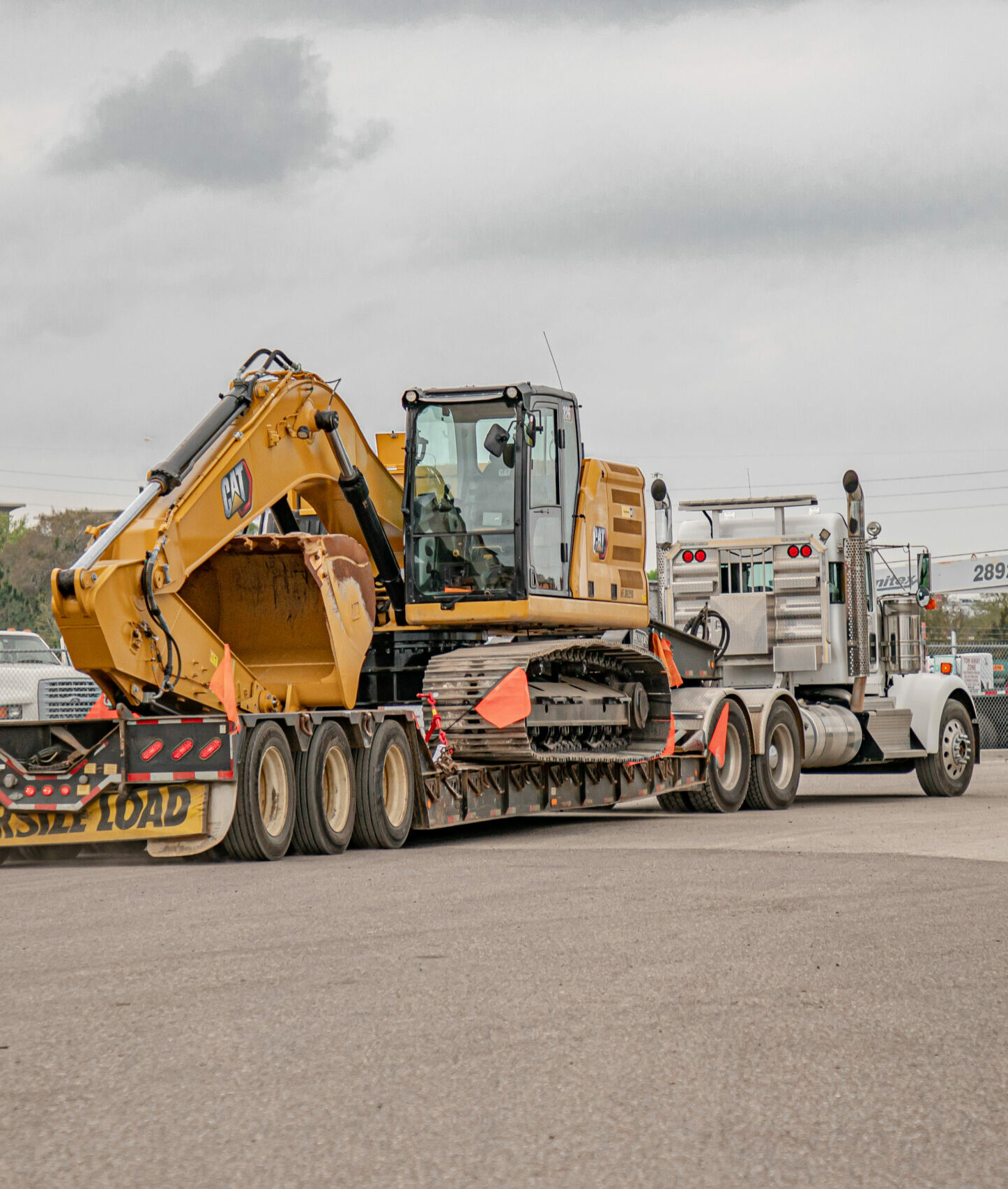
Basic Tips of Heavy Equipment Transport
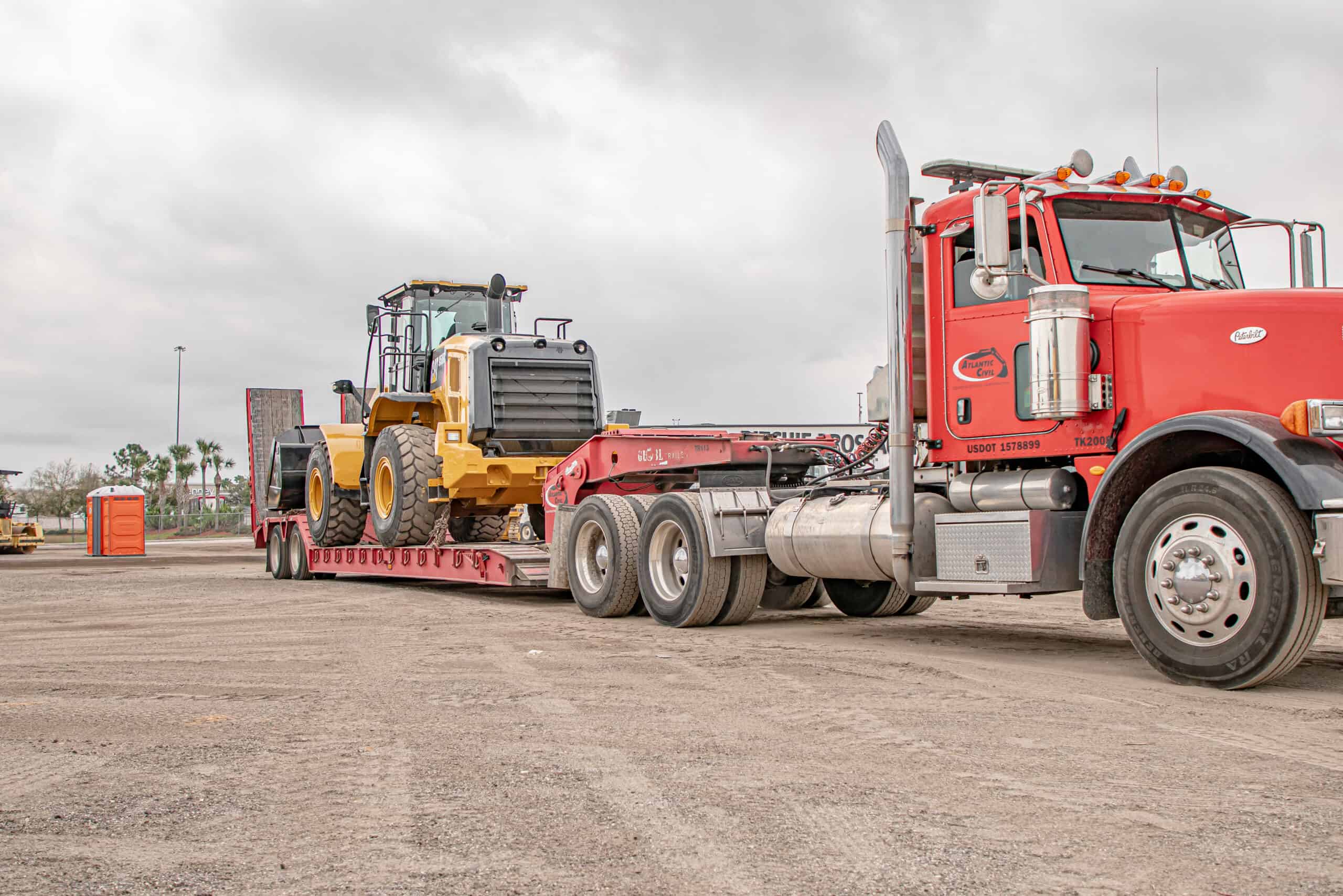
Understanding Equipment Transport Services
